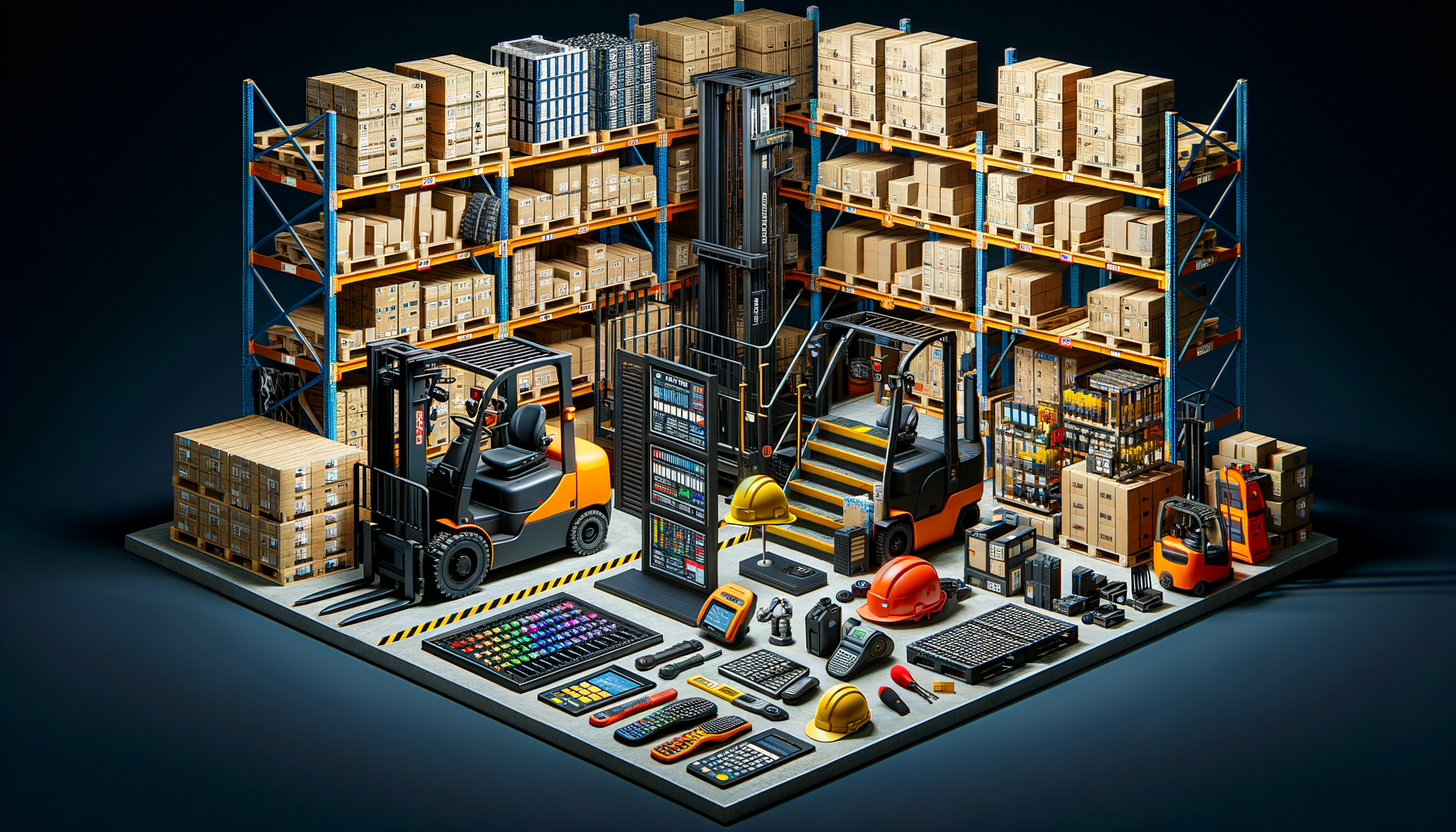
Warehouse Careers in the Netherlands Begin with Training
Importance of Warehouse Training
Warehouse training is a crucial component for anyone looking to enter the logistics and supply chain industry, particularly in the Netherlands where the sector is booming. As globalization continues to expand, the demand for efficient warehouse operations has never been higher. Training ensures that employees are well-equipped with the necessary skills to handle the complexities of modern warehousing, including inventory management, safety protocols, and the use of technology.
Proper training is vital for several reasons. Firstly, it enhances operational efficiency by ensuring that workers understand the processes and systems they will use daily. Secondly, it reduces the likelihood of workplace accidents, which can be costly and damaging to both employee morale and company reputation. Finally, training contributes to higher job satisfaction and retention, as employees feel more competent and confident in their roles.
In the Netherlands, where the logistics sector is a significant part of the economy, companies invest in comprehensive training programs to maintain their competitive edge. These programs often cover a wide range of topics, including:
- Health and safety regulations
- Equipment operation and maintenance
- Inventory control techniques
- Customer service skills
- Data entry and management systems
In conclusion, warehouse training is not just a formality but a strategic investment in the workforce that pays dividends in terms of productivity, safety, and employee satisfaction.
Components of Effective Warehouse Training
An effective warehouse training program is comprehensive and tailored to meet the specific needs of the organization. In the Netherlands, companies often customize their training modules to align with both local and international standards. This ensures that employees are not only meeting regulatory requirements but are also prepared to handle the diverse challenges of a global supply chain.
Key components of an effective warehouse training program include:
- Hands-on Training: Practical experience is crucial in warehouse environments. Employees are taught how to operate machinery, manage inventory, and perform routine tasks under the supervision of experienced trainers.
- Safety Protocols: Safety is paramount in warehouse operations. Training programs emphasize the importance of adhering to safety guidelines to prevent accidents and ensure a safe working environment.
- Technology Integration: With the advent of technology in logistics, training includes sessions on using warehouse management systems (WMS), barcode scanners, and other digital tools that streamline operations.
- Soft Skills Development: Communication, teamwork, and problem-solving are essential skills that are often included in training programs to enhance overall workplace harmony and efficiency.
By focusing on these components, warehouse training programs in the Netherlands equip employees with the skills and knowledge necessary to excel in their roles, contributing to the overall success of the company.
Challenges and Solutions in Warehouse Training
Despite the clear benefits, implementing warehouse training programs can present several challenges. One of the primary challenges is keeping up with the rapid pace of technological advancements. As new technologies emerge, training programs must be continuously updated to ensure that employees are proficient in the latest tools and systems.
Another challenge is language barriers, particularly in a multicultural workforce like that of the Netherlands. Ensuring that training materials are accessible and understandable to all employees is essential for effective learning. Companies often address this by offering multilingual training sessions and materials.
Furthermore, the cost of training can be a concern for some organizations. However, the long-term benefits of reduced accidents, increased productivity, and higher employee retention often outweigh the initial investment. Companies can also explore government grants and subsidies available in the Netherlands to support training initiatives.
To overcome these challenges, companies can adopt a blended learning approach that combines online and in-person training. This allows for flexibility and ensures that training is engaging and effective. Additionally, involving employees in the development of training programs can provide valuable insights and foster a culture of continuous improvement.
In summary, while there are challenges in implementing warehouse training programs, the solutions are within reach. By staying adaptable and focused on the needs of their workforce, companies in the Netherlands can ensure their training programs remain effective and beneficial.


